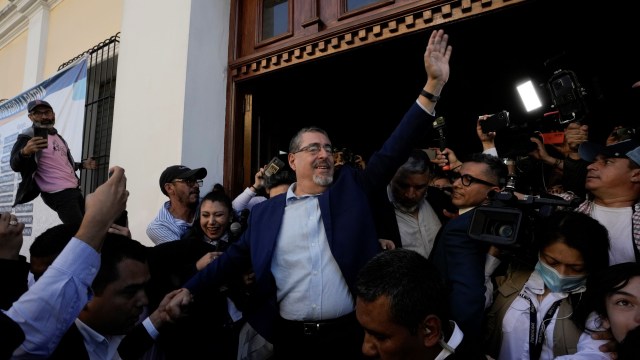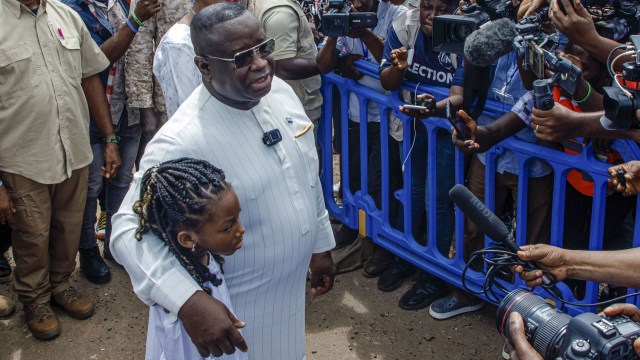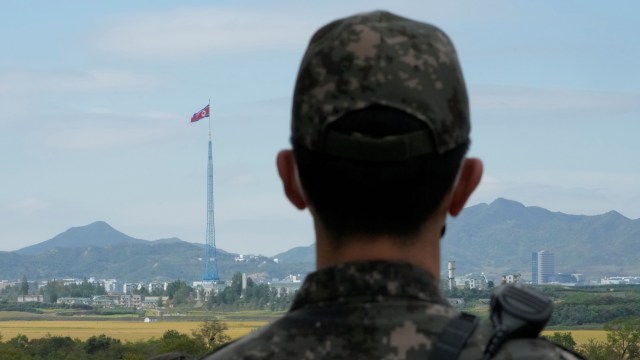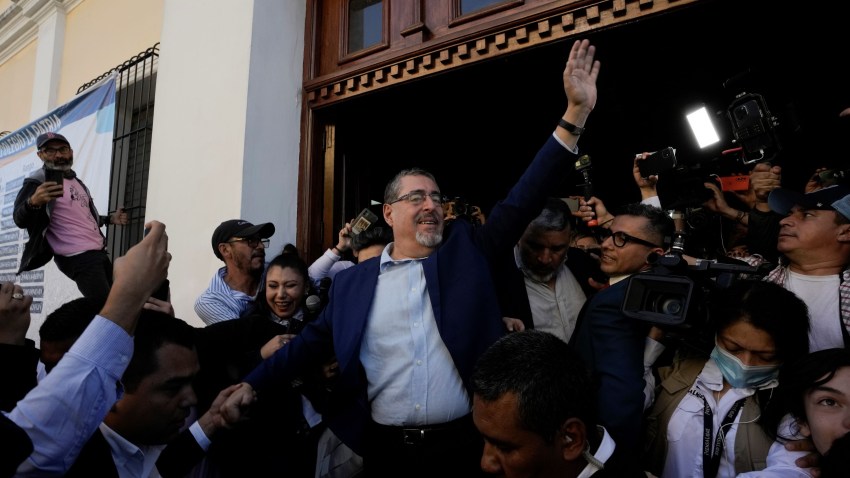Hello, everyone. Today at WPR, we’re covering the results of yesterday’s runoff presidential election in Guatemala and the fallout from Sierra Leone’s contested presidential election in June.
Now, here’s our take on today’s top stories:
Ecuador: This year’s presidential election in Ecuador will head to a runoff, after yesterday’s vote resulted in a first place finish for leftist Luisa Gonzalez, who will face business scion Daniel Noboa in October. (Reuters)
Our Take: While Noboa’s second-place finish came somewhat as a surprise, Gonzalez coming out on top was very much expected. A protege of populist former President Rafael Correa—who has been convicted of corruption—Gonzalez benefitted from Correa’s loyal base and powerful political machine, as well as the electoral climate.
The election comes amid a surge in crime and violence in Ecuador, the result of criminal organizations and foreign cartels that have made inroads in the country. As a result, security was expected to be the top issue for voters, and indeed, Gonzalez’s appeal to nostalgia for the country’s more peaceful security situation under Correa appears to have paid off.
Still, the second-place finish by Noboa—a 35-year-old outsider who comes from one of the richest families in Latin America and has focused his campaign on addressing economic issues, specifically employment—could be seen as a sign that Ecuador’s struggling economy remains a top priority for voters as well.
Guatemala: In a landslide victory, progressive outsider Bernardo Arevalo won Guatemala’s runoff presidential election yesterday, defeating Sandra Torres, a former first lady who is firmly in the country’s political establishment. (New York Times)
Our Take: Perhaps most importantly, in a country that has been increasingly sliding toward authoritarianism, a decisive win by an anticorruption advocate like Arevalo offers a rare sign of hope for the country’s democracy.
Columnist James Bosworth will break down the challenges facing Bernardo Arevalo in an article for WPR next week. Today, though, he takes a look at how Arevalo’s win fits into a larger—and in many cases, concerning—trend across Latin America: an anti-incumbent streak unlike any ever seen in the history of democratic elections in the region.

Guatemala Election Follows Regional Trend, but Offers Some Hope
Guatemalan voters turned out in large numbers yesterday to elect Bernardo Arevalo as their president. Arevalo’s victory is a chance for positive change in Guatemala, but it’s still a troubling sign that traditional parties and systems are failing in the region. Read more.


In Sierra Leone, Bio’s Second Term Begins Under a Cloud
In Sierra Leone, prominent international observation missions and domestic observer groups have raised concerns about the results announced by the Electoral Commission of Sierra Leone, or ECSL, for the presidential, parliamentary and local council races conducted in June.
In Sierra Leone, prominent international observation missions and domestic observer groups have raised concerns about the results announced by the Electoral Commission of Sierra Leone, or ECSL, for the presidential, parliamentary and local council races conducted in June.
According to the ECSL, incumbent President Julius Maada Bio was reelected to a second—and constitutionally final—term in the June 24 presidential ballot. But there are serious questions about the official results centering around four main issues.
Jamie Hitchen breaks down what those issues are in today’s briefing.

Question of the Day: Who won Argentina’s Aug. 13 presidential primary?
Find the answer in the latest WPR Weekly Quiz, then read Bruno Binetti’s briefing about the implications of Argentina’s primary.

North Korean leader Kim Jong Un visited a navy fleet stationed on the country’s east coast on Monday in order to oversee a test of strategic cruise missiles. The test comes as South Korea and the U.S. begin annual military drills designed to prepare their joint response to North Korea’s nuclear and missile threats.
In South Korea and Japan, North Korea’s behavior and continued threats have pushed the debate on defense to the right. As Robert Kelly wrote in December, the resulting arms race is turning the region into a nuclear tinderbox:

The North Korean Nuclear Threat Is Creating a Regional Arms Race
North Korea’s near-constant missile testing and nuclear threat could lead to regional arms race among South Korea, Japan, and China. Read more.
That’s all for today’s Daily Review. Coming up, we’ve got a preview of next week’s presidential election in Zimbabwe.
Have a great day,
Jakob Cansler
More From WPR
- Bruno Binetti on Argentina’s presidential election.
- Paul Poast on the U.S.-China trade war.
- Joshua Kurlantzick on recent scandals in Singapore.
- Frida Ghitis on political upheaval in the Netherlands.

